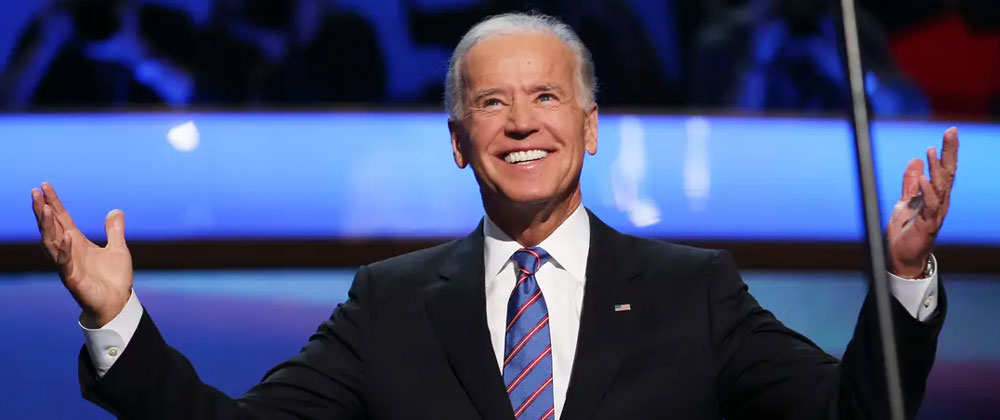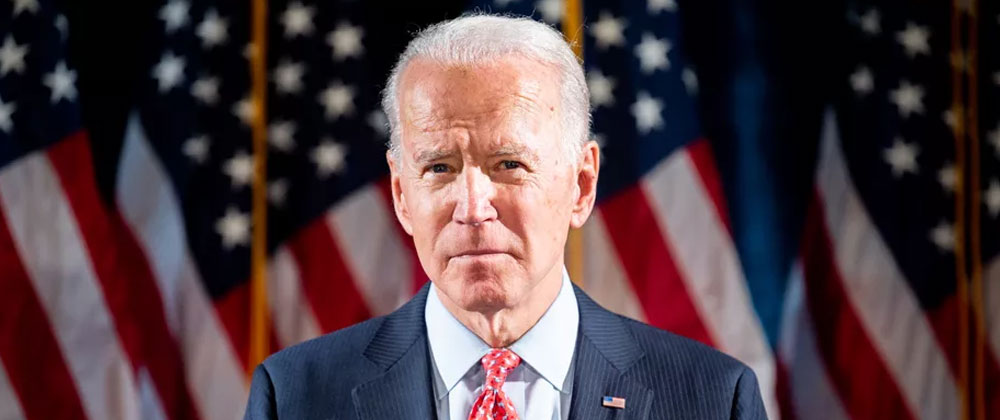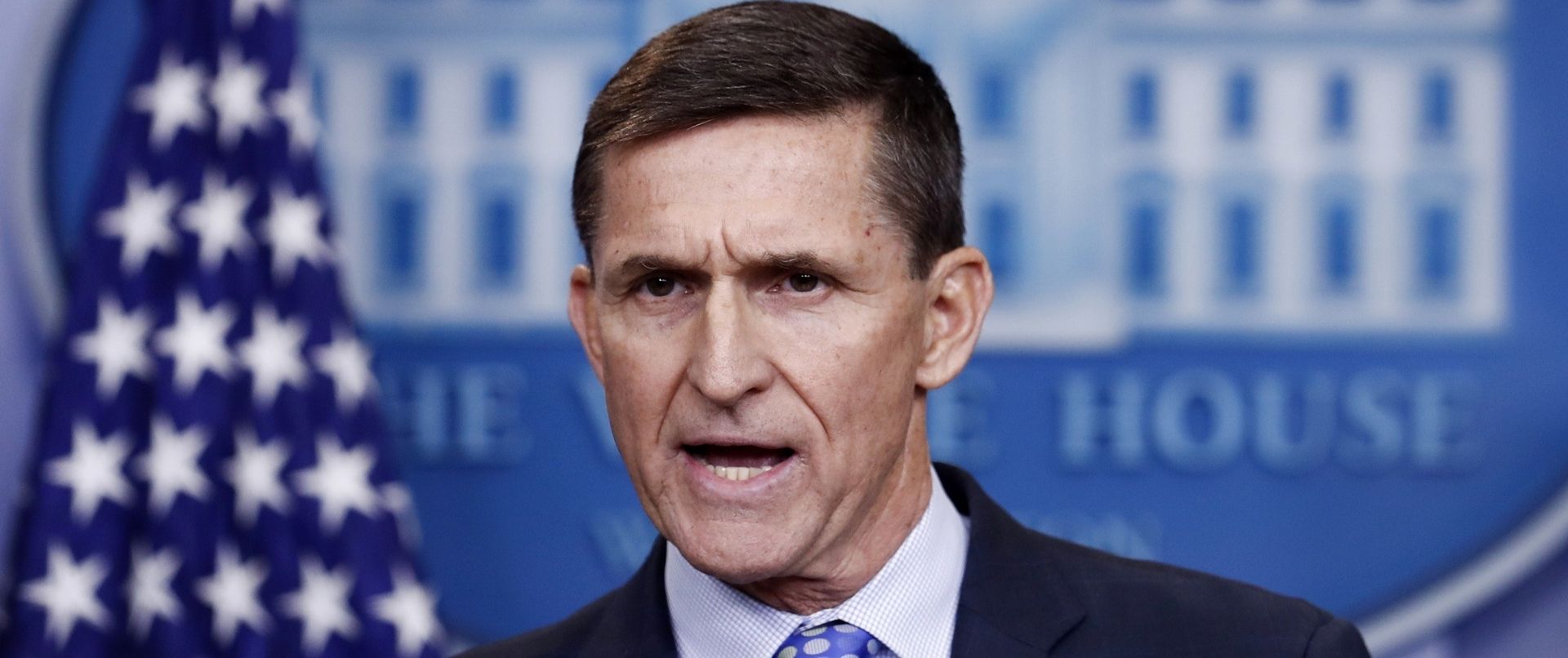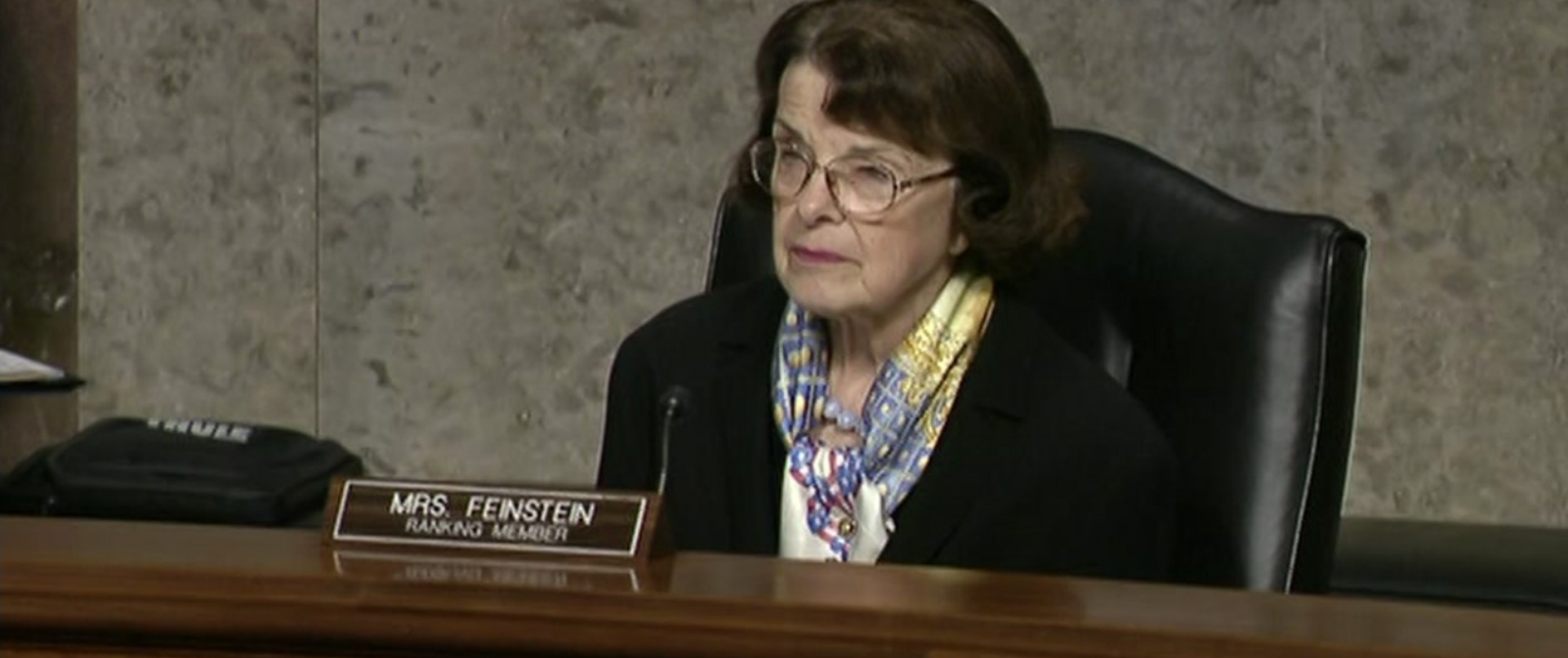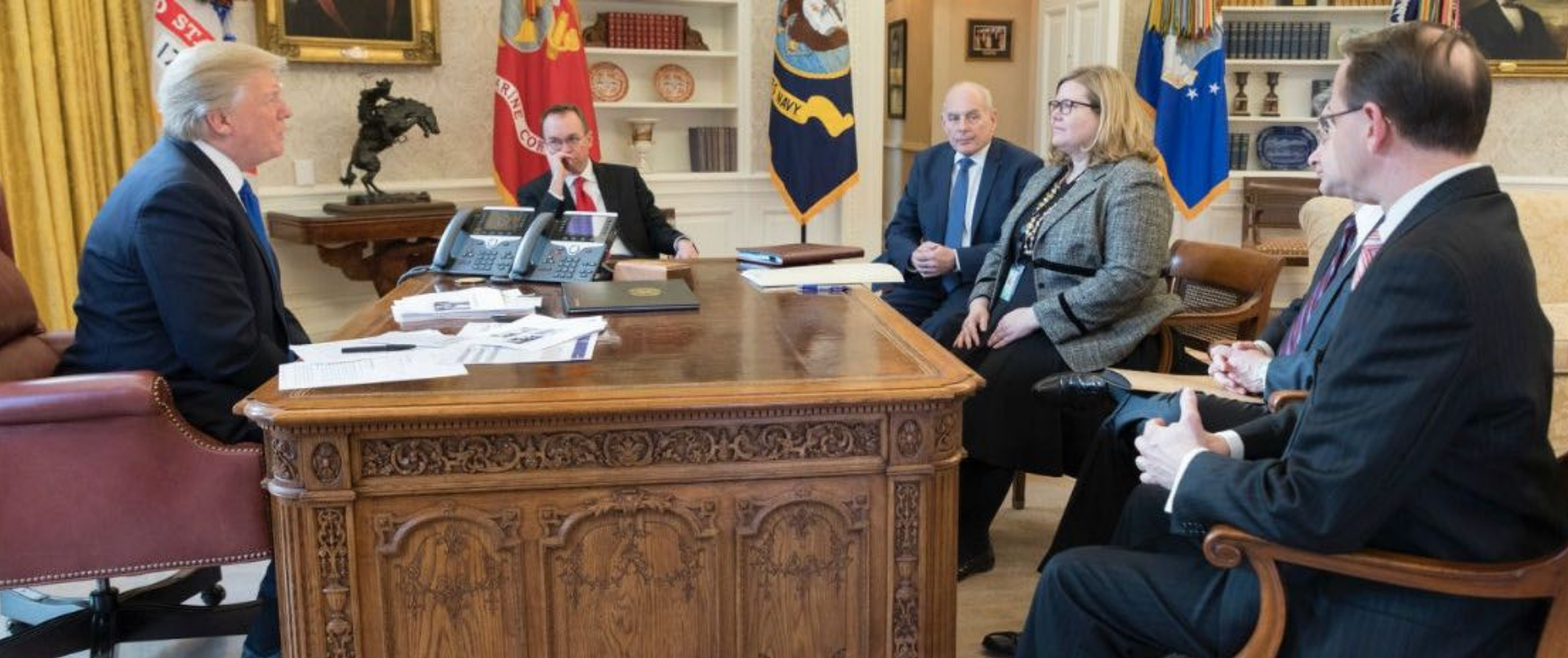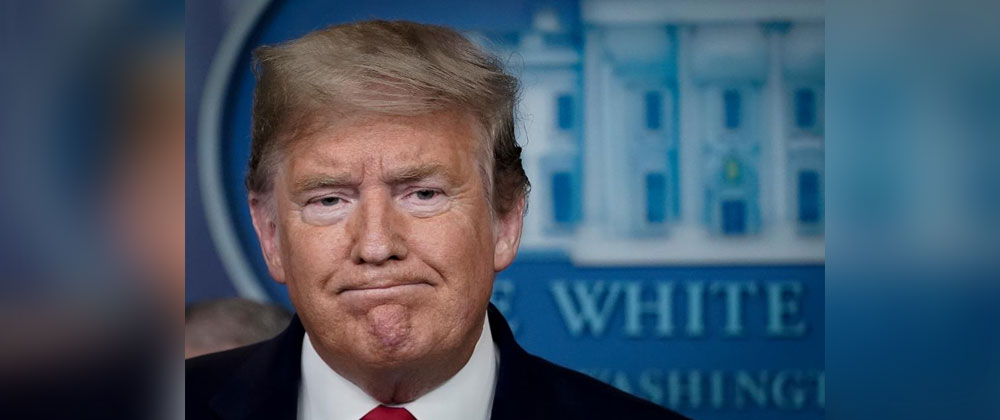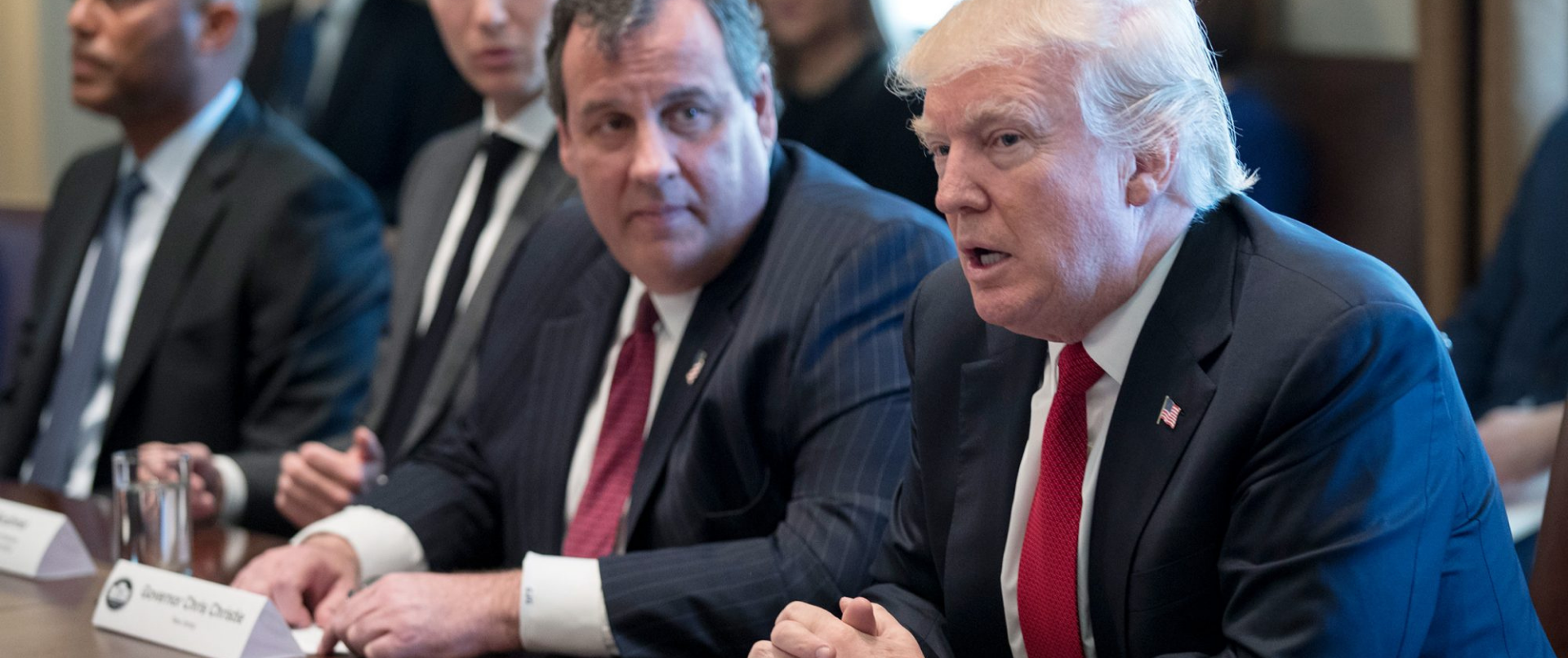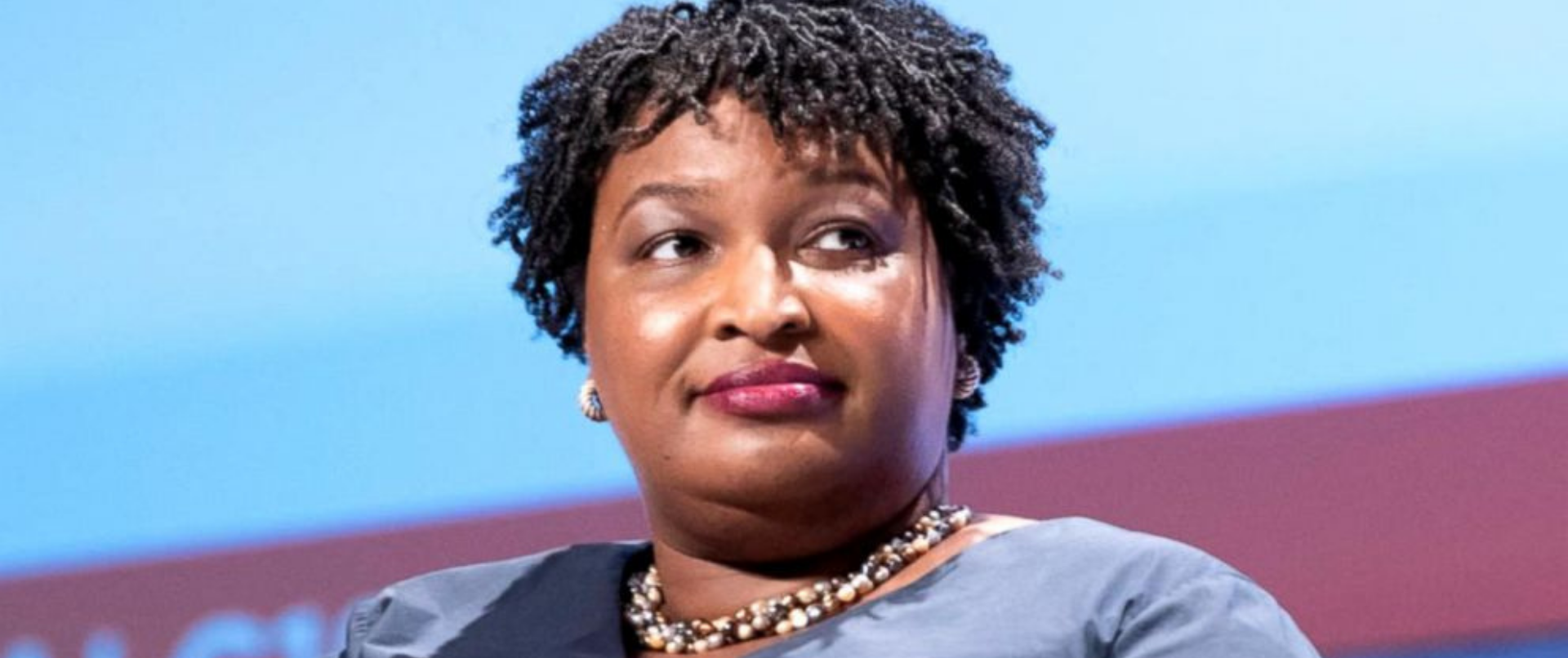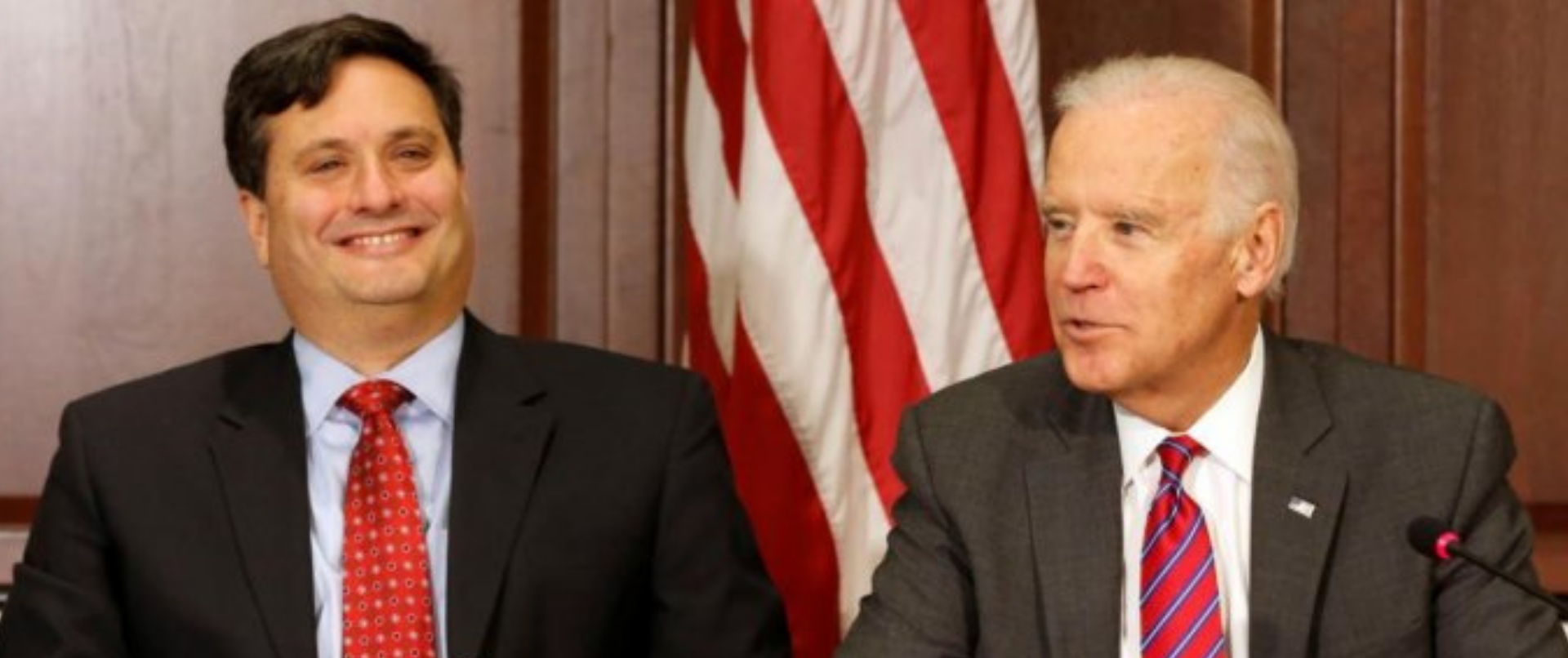Russia Could attempt to Advise Candidates in 2020 US Elections, Warns FBI Covertly
The Department of Homeland Security and FBI warned states earlier this year that Russia could look to meddle within the 2020 US elections by covertly encouraging political candidates and campaigns, persistent with an enforcement memo obtained by The Associated Press.
The February 3 document details tactics US officials believe Russia could use to interfere during this year’s elections, including secretly advising candidates and campaigns.
It says that though officials “have not previously observed Russia attempt this action against the US,” political strategists working for a business mogul on the brink of President Putin are involved in political campaigning in numerous African countries.
The memo underscores how Trump administration officials are continuing to sound alarms about the prospect of future Russian interference in American politics whilst President Donald Trump has sought to downplay the Kremlin’s involvement in his 2016 convert Democrat Hillary Clinton.
Because it had been prepared before the coronavirus outbreak, the memo doesn’t reflect how the pandemic might affect the tactics Russia might use to interfere with the election.
A spokeswoman for the Department of Homeland Security had no immediate comment Monday, and an FBI spokeswoman declined to comment.
The document, described as a ‘reference aid’ and titled ‘Possible Russian Tactics before 2020 US Election,’ doesn’t identify particular candidates or campaigns that Russia might support through its actions.
US officials have said Russia supported Trump in 2016 and took steps to aid his campaign and harm Clinton’s candidacy.
Intelligence officials briefed lawmakers in February about Russian interests during this year’s election.
Russia has denied interference.
More generally, the memo advises of eight possible Russian tactics for this year’s elections, dividing the concerns into what officials say are “high” threats and “moderate” threats.
Among the high threats is the possibility that Russia could hack and leak information because it did within the 2016 campaign when WikiLeaks published emails stolen from the Clinton campaign by Russian military hackers.
Other high threats include that Russia could use “state-controlled media arms to propagate election-themed narratives to focus on audiences,” use economic and business levers to influence political objectives inside the US, and believe fake social media personas to market Russian interests and sway American opinion.
Lesser, or “moderate,” threats include targeting or manipulating election infrastructures, like voter databases and vote-tallying systems, and providing support to American political candidates or campaigns.
The possibility the Kremlin could covertly advise candidates and campaigns is additionally described as a moderate threat. Still, it’s noteworthy because this is often not a priority US officials routinely highlight publicly once they warn of Russian election interference.
The memo says, “Russia has sought to require advantage of nations that have perceived loopholes in laws preventing foreign campaign assistance.” That tactic has not yet been observed within the US, the officials wrote. However, the document notes that Russian strategists believed to be working for Yevgeny Prigozhin, a wealthy businessman referred to as “Putin’s chef” due to his ties to Putin, “were involved in political campaigning in approximately 20 African countries during 2019.”
An October report from the Stanford Internet Observatory detailed a social media operation in multiple African countries, attributed to Prigozhin-linked entities that supported specific candidates, created pages to resemble reliable news coverage, and published content and narratives according to Russia’s policy aims.
Prigozhin was among the Russians indicted in special counsel Robert Mueller’s investigation for his role during a hidden social media campaign aimed toward sowing discord among Americans before the 2016 US election.
The document is unclassified but marked as “For Official Use Only.” it had been prepared by cyber experts at the Department of Homeland Security and FBI and coordinated with other federal agencies. The AP obtained it through a public records request.



